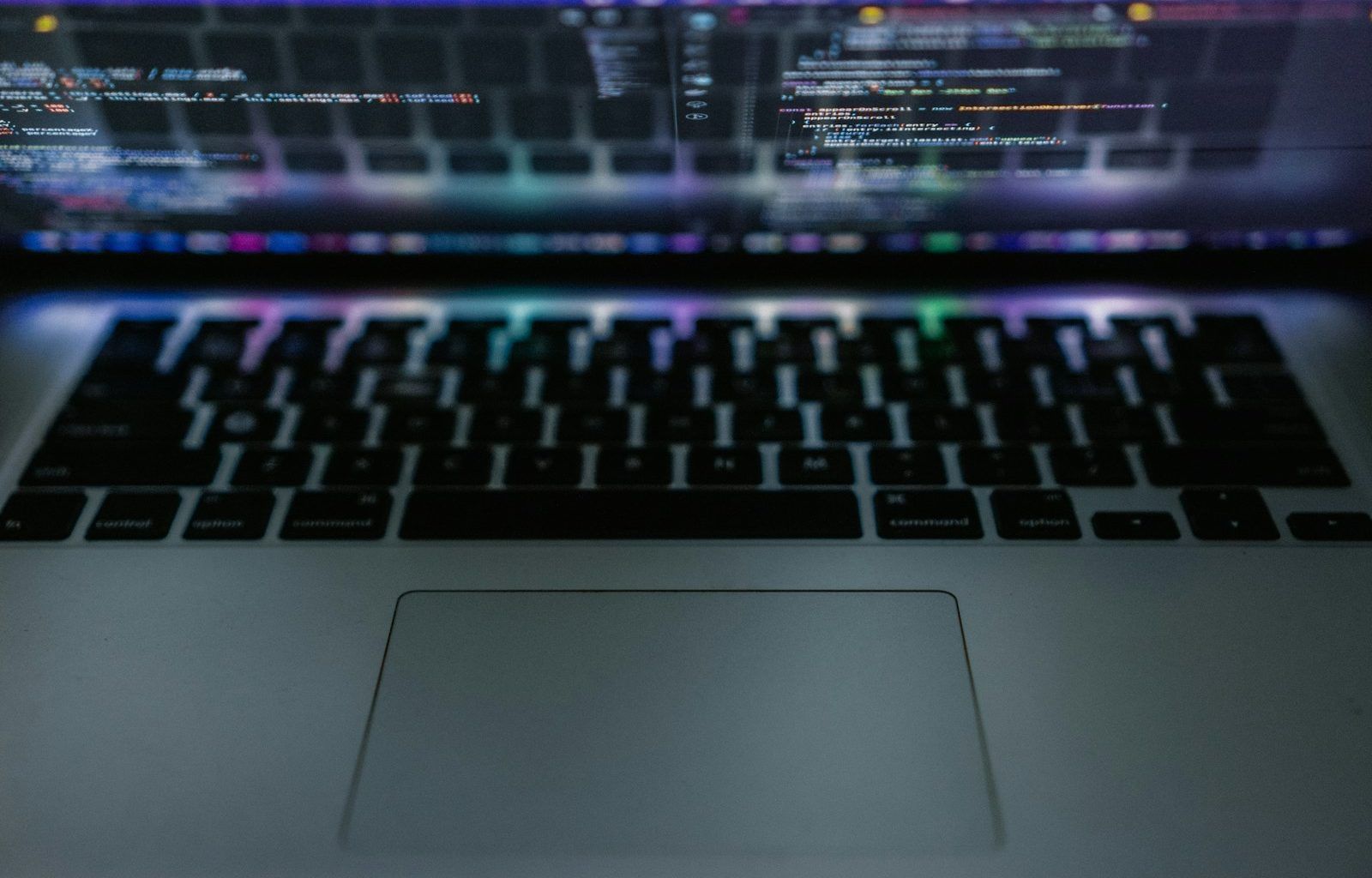If you’ve ever wondered how musicians and music producers keep track of their songs, the answer often lies in a tiny but powerful code: the ISRC code. ISRC stands for International Standard Recording Code, and it’s a unique identifier assigned to individual music tracks. This blog will take you on a journey to understand ISRC codes for music, why they matter, and how you can use them effectively.
What Are ISRC Codes?
Think of ISRC codes as the digital fingerprint of a song. Every song, whether it’s an instrumental, a podcast, or a full-fledged music track, gets its own ISRC code. This code acts as a unique identifier that helps track the song’s usage, royalties, and performance worldwide.
The ISRC code is a 12-character alphanumeric string that looks something like this: US-XYZ-20-12345. Each part of this code carries specific information, from the country where the recording was registered to the year of registration and a unique identifier for the track.
Why Do ISRC Codes Matter?
If you’re an artist, producer, or music distributor, ISRC codes are essential. They simplify royalty tracking, making sure you get paid for your work. ISRC codes are also important for digital platforms like Spotify, Apple Music, and YouTube, as they help these platforms correctly identify and categorize your music. Without them, tracking your song’s performance and ensuring proper crediting becomes incredibly challenging.
For example, when your track plays on the radio or streams online, ISRC codes help track its usage. This means more accurate royalty calculations and timely payments for your hard work.
How Are ISRC Codes Assigned?
Assigning an ISRC code might sound technical, but it’s simpler than you think. If you’re an independent artist, you can request an ISRC code through your country’s designated ISRC agency. In the United States, for instance, you can obtain codes through the Recording Industry Association of America (RIAA). Alternatively, many music distributors and aggregators, like DistroKid or TuneCore, assign ISRC codes automatically when you distribute your music through them.
For record labels, ISRC codes are generated using their registered prefix. This prefix is a unique identifier for the label, ensuring that all tracks released under it can be traced back easily.
How Do ISRC Codes Work?
Once your music has an ISRC code, it becomes part of the track’s metadata. This metadata travels with your music wherever it goes—whether it’s uploaded to a streaming platform, played on the radio, or added to a music library. When someone listens to your song, the ISRC code ensures the play is logged accurately. Over time, this data helps you understand your music’s reach and performance.
For example, imagine your song is streamed in multiple countries. The ISRC code ensures that each stream is accounted for, regardless of where it happens. This is crucial for collecting royalties from different regions and understanding your global audience.
Benefits of Using ISRC Codes
There are numerous benefits to using ISRC codes for your music. Here are a few highlights:
- Accurate Royalty Tracking: ISRC codes help ensure you receive the royalties you deserve by accurately tracking your song’s usage.
- Global Recognition: Because ISRC codes are recognized worldwide, they make it easier for your music to be tracked across borders.
- Simplified Distribution: Many music platforms require ISRC codes for uploading tracks. Having them ready simplifies the process.
- Easier Data Analysis: With ISRC codes, you can monitor your music’s performance on different platforms and in various markets.
Common Misconceptions About ISRC Codes
Despite their importance, there are several misconceptions about ISRC codes. Let’s debunk a few:
- “I Need a New ISRC Code for Every Platform”: Not true. One ISRC code is enough for a song, regardless of the platform.
- “Only Big Labels Use ISRC Codes”: Another myth. Independent artists can and should use ISRC codes to protect their work.
- “ISRC Codes Are Expensive”: While there might be a small cost involved in obtaining them, many distributors offer ISRC codes as part of their services.
How to Obtain ISRC Codes
Getting an ISRC code is a straightforward process. Here’s how:
- Check Your Country’s ISRC Agency: Each country has a designated ISRC agency. Find out which organization handles ISRC codes in your region.
- Register as a User: In some cases, you may need to register as a user or label to obtain codes.
- Generate Your Code: Once registered, you’ll be able to generate ISRC codes for your tracks.
- Use a Distributor: Many distributors handle ISRC codes on your behalf, making the process even easier.
ISRC Codes and Music Metadata
Music metadata is like the DNA of your track, and ISRC codes are a critical part of this data. Metadata includes information such as the song’s title, artist name, release date, and more. ISRC codes ensure that all this information is linked to a unique identifier, making it easier to manage and track.
For instance, if you’re uploading your music to a streaming service, including an ISRC code in the metadata ensures that the platform recognizes your track correctly. This prevents mix-ups and ensures you receive proper credit.
Tips for Managing ISRC Codes
Managing ISRC codes might seem daunting, but a little organization goes a long way. Here are some tips:
- Keep a Record: Maintain a spreadsheet or database of your ISRC codes, along with corresponding track details.
- Double-Check Metadata: Ensure the metadata linked to your ISRC codes is accurate and up-to-date.
- Communicate with Distributors: If you use a distributor, confirm that they’ve assigned ISRC codes to your tracks.
The Future of ISRC Codes in Music
As technology evolves, ISRC codes continue to play a vital role in the music industry. With the rise of artificial intelligence and advanced data analytics, ISRC codes are becoming even more critical for tracking music usage and royalties. For artists, this means better insights into their audience and more streamlined royalty payments.
Conclusion
ISRC codes for music are more than just a string of characters—they’re the backbone of tracking and managing your music in the digital age. Whether you’re an independent artist or a major label, understanding ISRC codes can make a world of difference in how you manage your music career. By using ISRC codes effectively, you can ensure your music gets the recognition and royalties it deserves.
For further reading, explore these related articles:
- The Story of Kesha: A Journey of Music, Strength, and Inspiration
- Exploring the World’s Smallest Speaker: Tiny but Powerful!
For additional resources on music marketing and distribution, visit Deliver My Tune.






